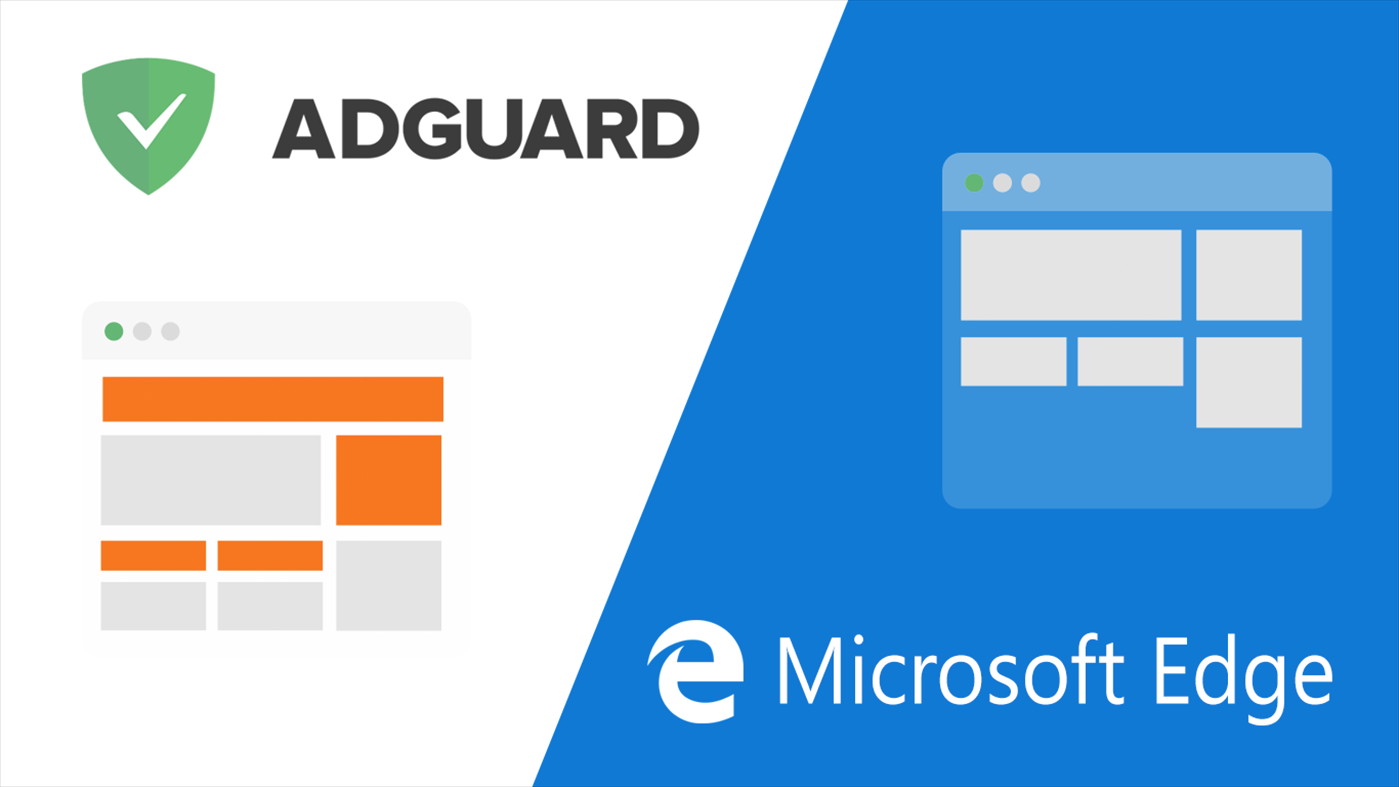

- Google extensions adguard adblocker install#
- Google extensions adguard adblocker update#
- Google extensions adguard adblocker manual#
- Google extensions adguard adblocker verification#
- Google extensions adguard adblocker software#
It also lets you set up whitelists of sites and ad types to allow through the filter if you so choose. The AdBlock extension for Chrome works automatically, blocking ads on static web pages and online video sites like YouTube. With its very on-the-nose name and long-running availability, it’s often what people turn to when they consider blocking adverts online today.
Google extensions adguard adblocker install#
Install these Chrome extensions on your relative’s new laptopĪs one of the most widely-used ad blockers in the world, we would be remiss if we didn’t at least give a passing mention to AdBlock. Unused and unnecessary extensions, like unrequired software, just serve to add an additional attack vector that could be exploited.These Chrome extensions will put cash-saving coupons right in your browser “If you don’t need it anymore, why take the risk of keeping it?” asks Kaspersky's David Emm. If in doubt, disable them and re-enable them one by one to find the culprit. If you're suddenly seeing something unexpected in your browser's performance or behaviour, such as loads of adverts where there should be none, check your extensions. If Google removes a malicious extension from the Chrome store, it's also disabled on users' machines.
Google extensions adguard adblocker software#
Unless they get bought out by a malicious software creator, that is.
Google extensions adguard adblocker update#
Watch out for updates – extensions by default automatically update themselves, which is useful for security. Bogdan Botezatu says that “if installing an extension, users should only install them via the official browser extension store rather than sideload them using the Developer Mode approach.” If in doubt, for major tools such as Adblock Plus, go to the official website and follow the download link from there rather than relying on search results or your browser's extension store's cluttered listings.Īvoid extensions from unofficial sources.
Google extensions adguard adblocker verification#
Google says that the update is intended to make the extension ecosystem safer with new APIs intended to preserve privacy, more restrictive default extension permissions, increased user options to control extension permissions, changes to the review process and readability requirements and mandatory two-step verification for developers.īullGuard's Lipman says that Manifest V3, as it's currently being developed, “still allows extensions to observe the same data as before, including what URLs users visit and the contents of pages users visit.”Ĭheck the publisher. There are also planned changes to change to how Chrome handles ad-blocking by extensions in the pipeline, with an updated called Manifest V3.
Google extensions adguard adblocker manual#
Google blocks around 1,800 malicious uploads to the Chrome store every month and is actively developing new protections, including teams of manual reviewers. Google removed the offending extensions two days after Adguard's post drawing attention to them – Adguard says it had previously reported the extensions as fake to no effect. And if you don’t give them that permission, the extension won’t be installed.” “Legitimate or not,” says David Emm, principal security researcher at Kaspersky, “even basic extensions usually require permission to “read and change all your data on the websites you visit,” but most browsers will grant permissions by default (without asking you), giving them the power to do virtually anything with your data. This included medical records, credit card information, travel information, online shopping history, file attachments, GPS locations and more.”

“But,” he says, “this is nothing compared to the recent discovery of eight browser extensions for Google Chrome and Firefox that were harvesting personal data from over four million people.

Paul Lipman, CEO of cybersecurity firm BullGuard, says that in 2018 the company discovered more than 100,000 computers infected with browser extensions that stole login credentials, mined cryptocurrencies and engaged in click fraud. “This botnet was used to inject ads and cryptocurrency mining code into websites the victim would visit,” says the company's cyber security architect, Ian Heritage. Last year, Trend Micro discovered a new botnet delivered via a Chrome extension that affected hundreds of thousands of users.


 0 kommentar(er)
0 kommentar(er)
